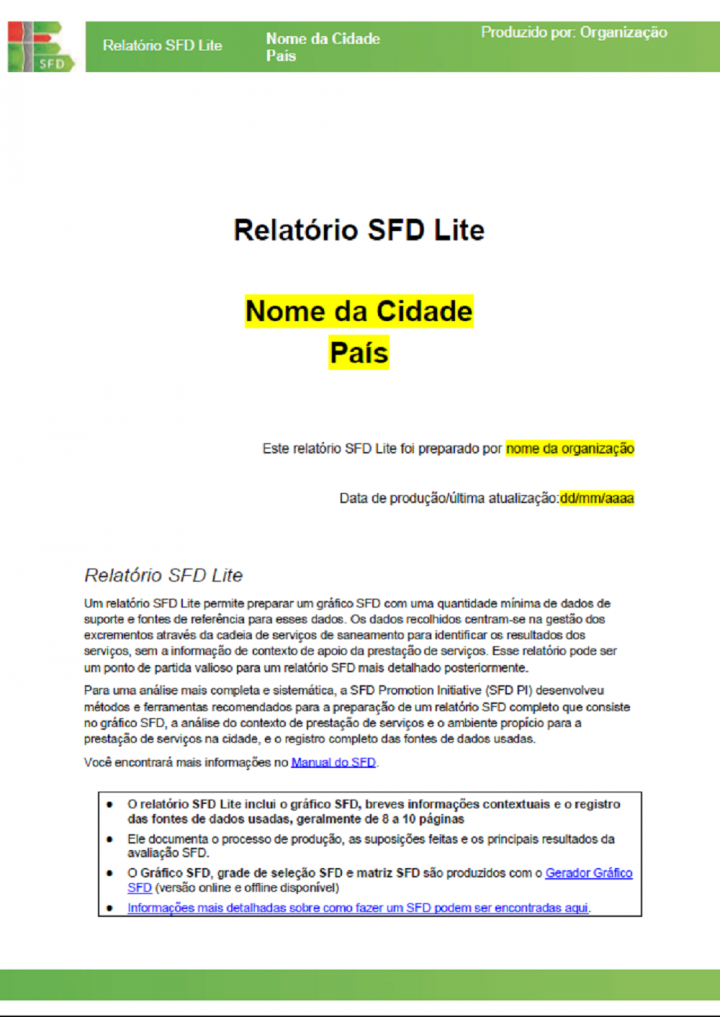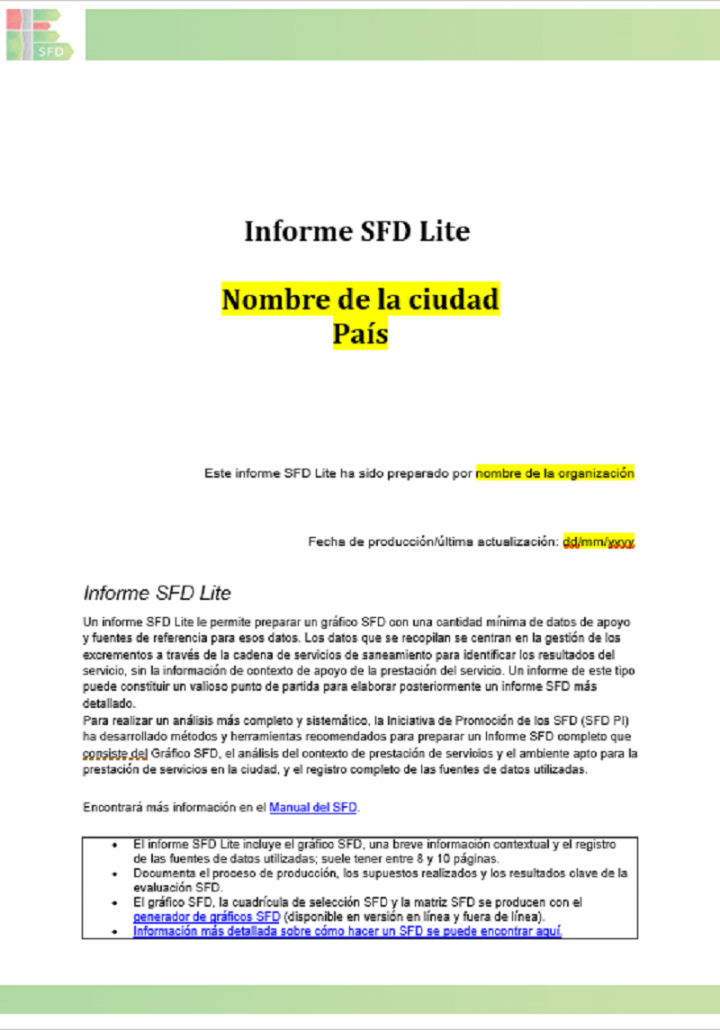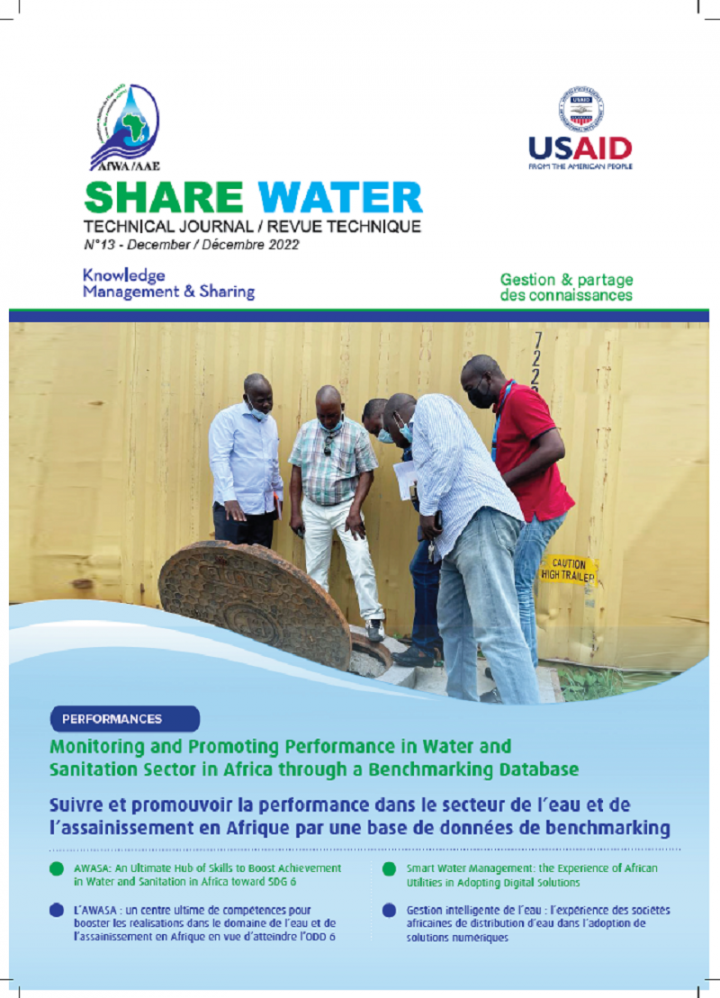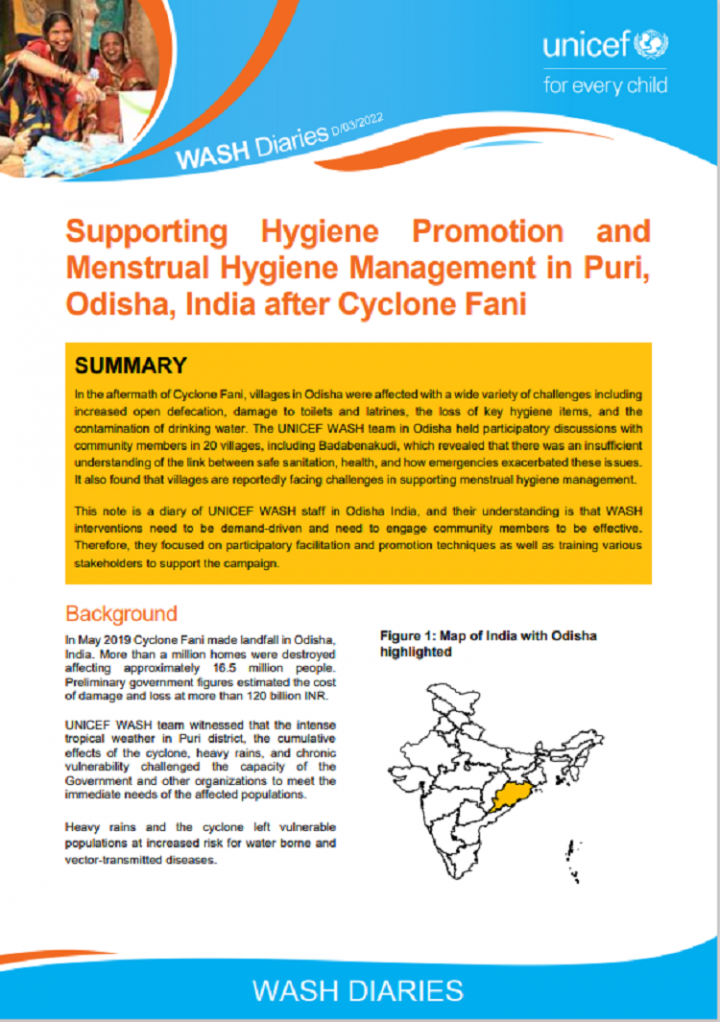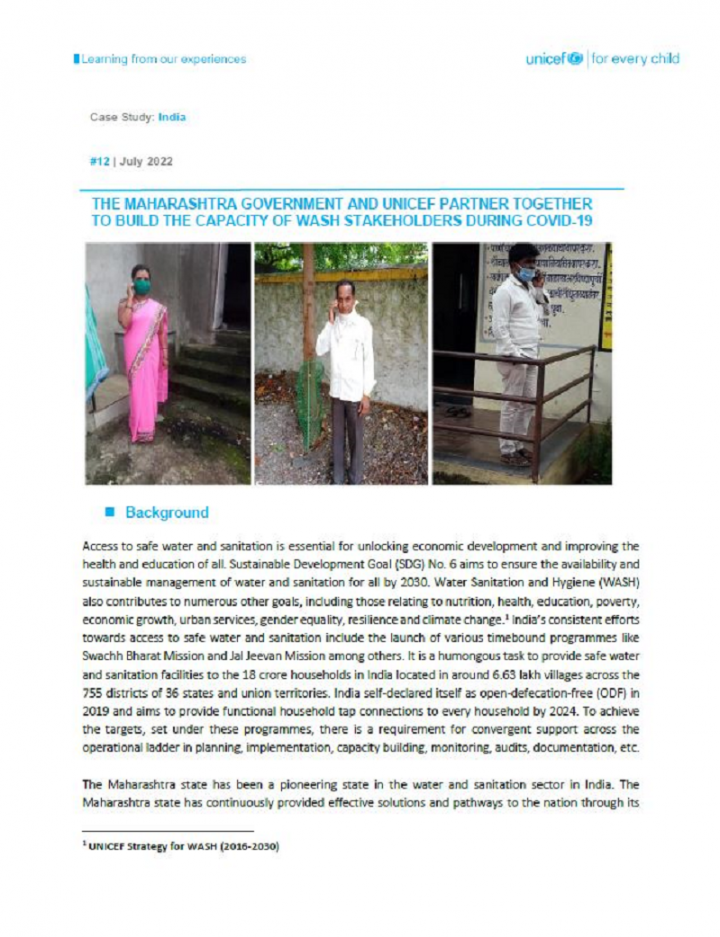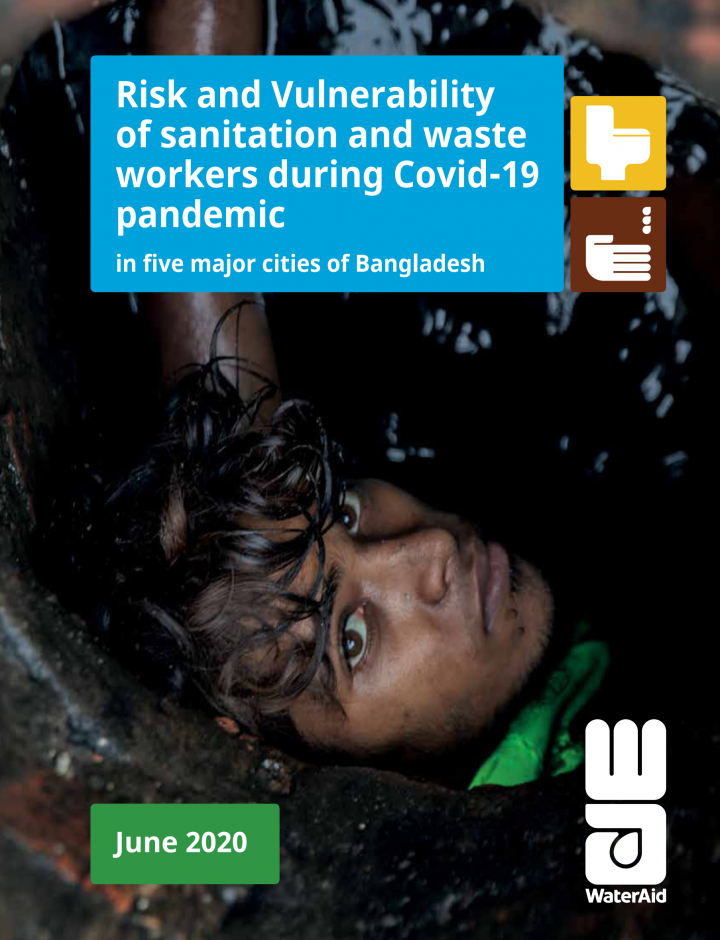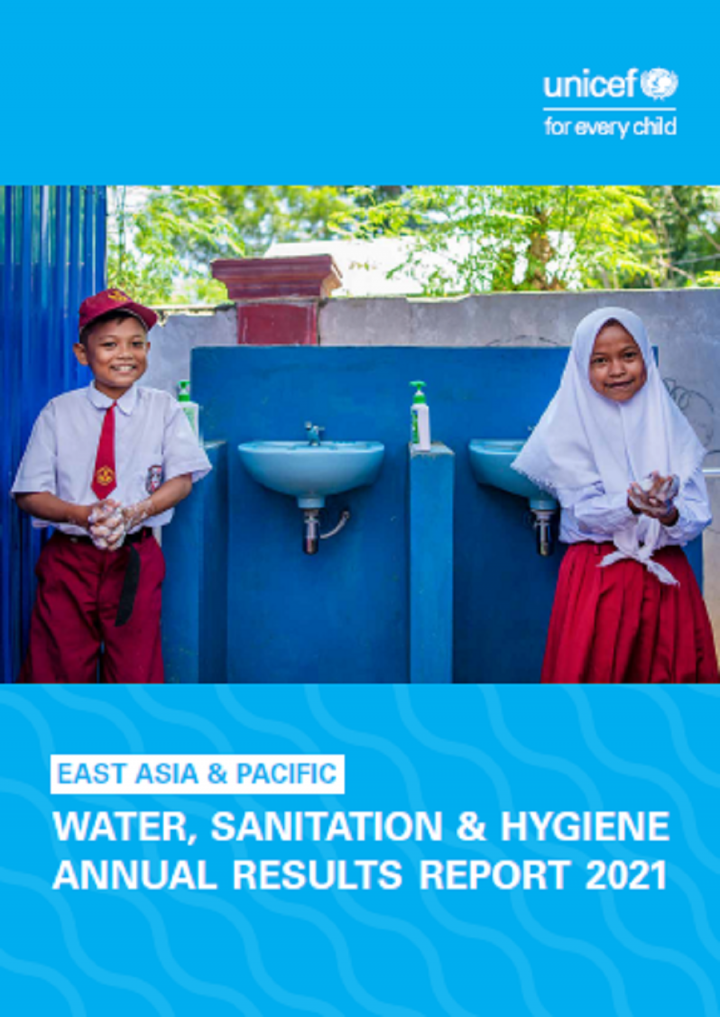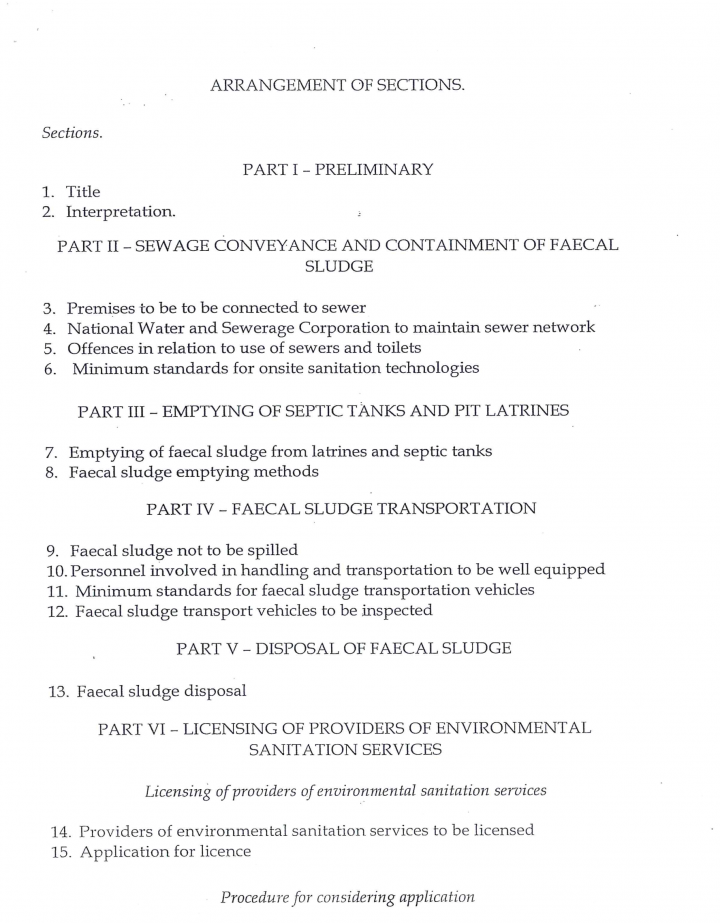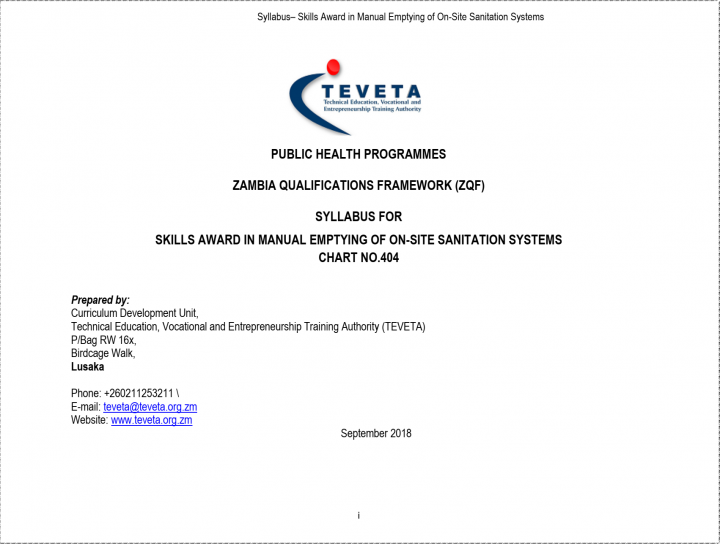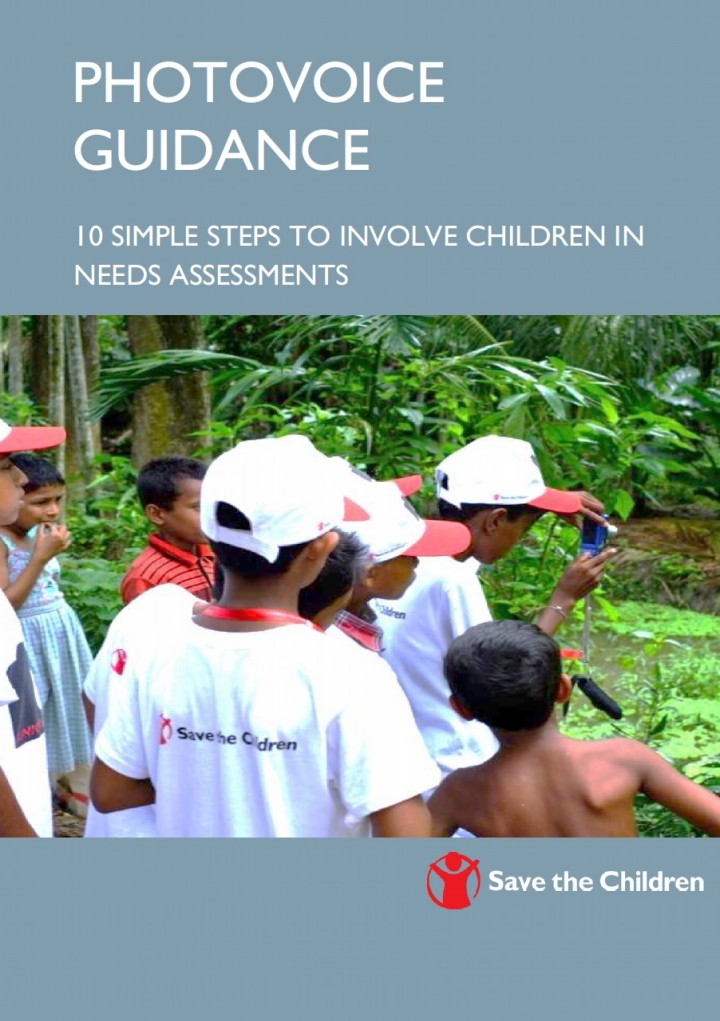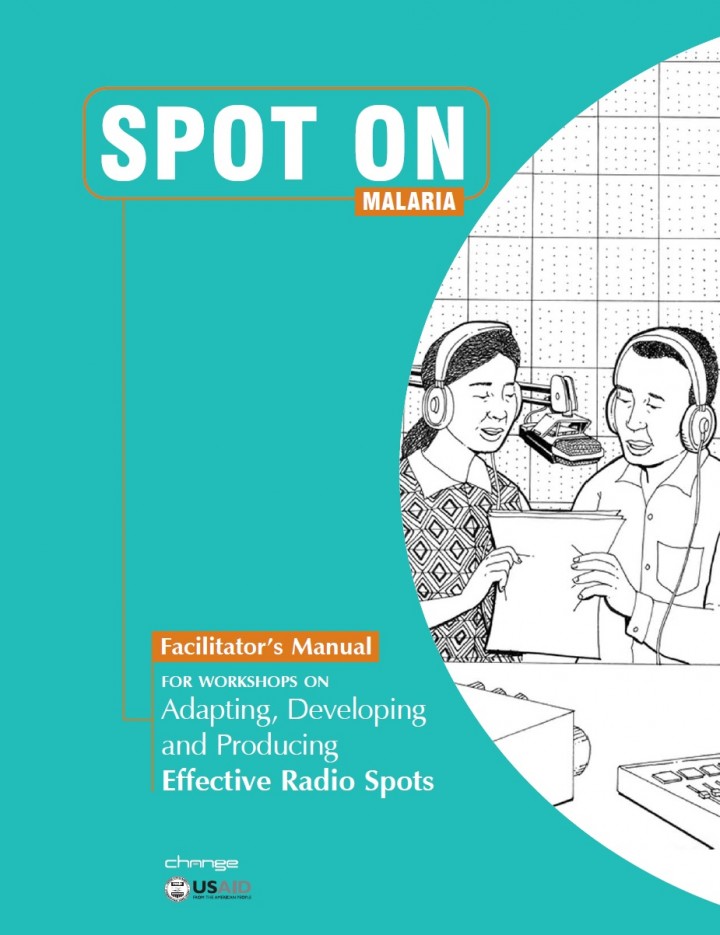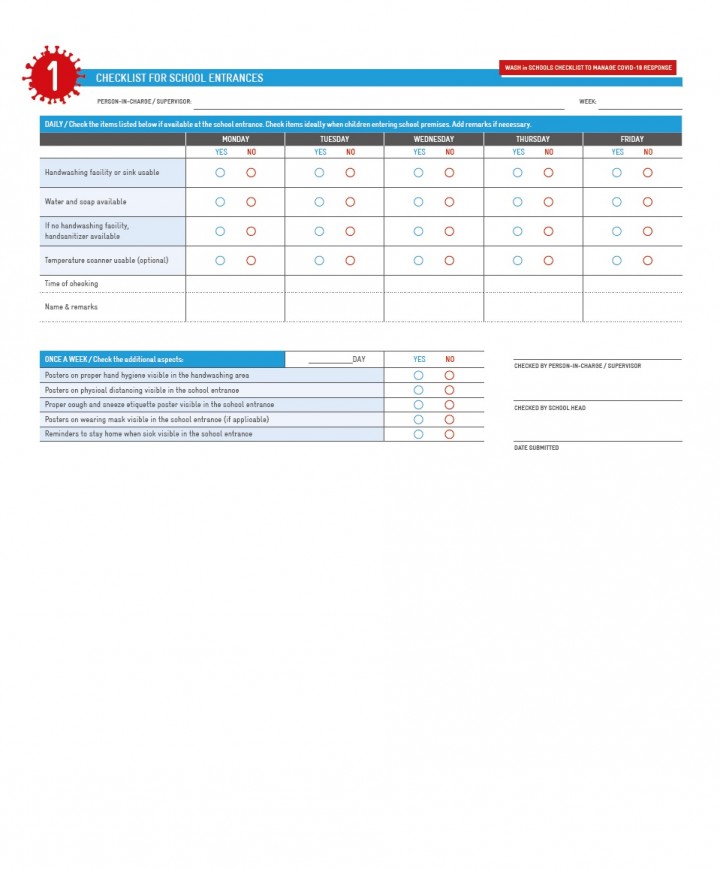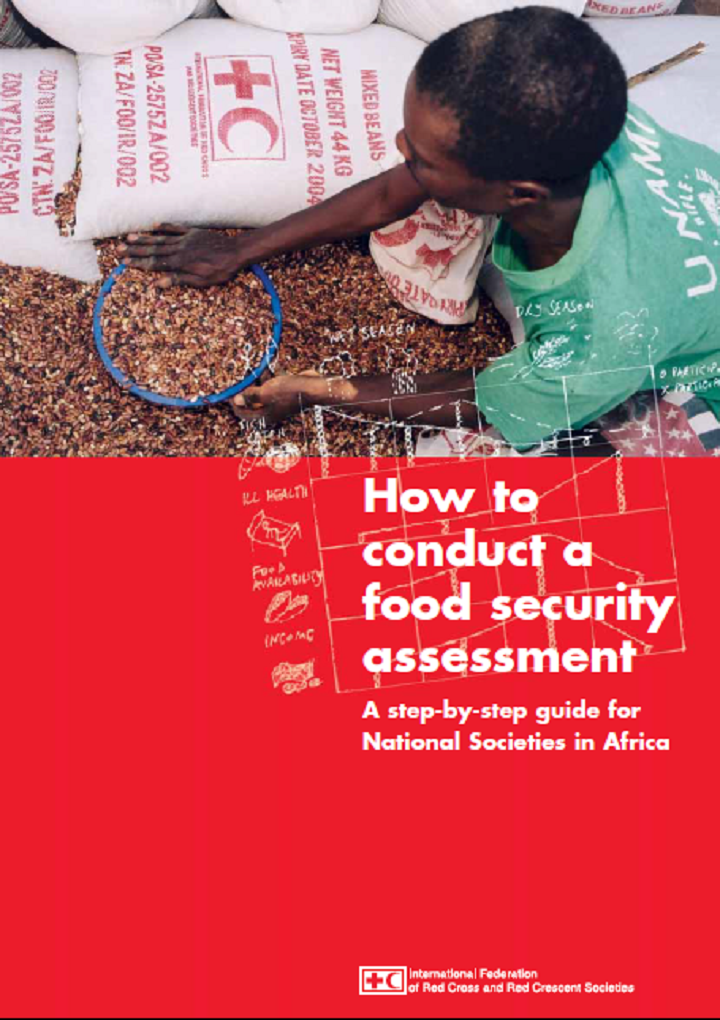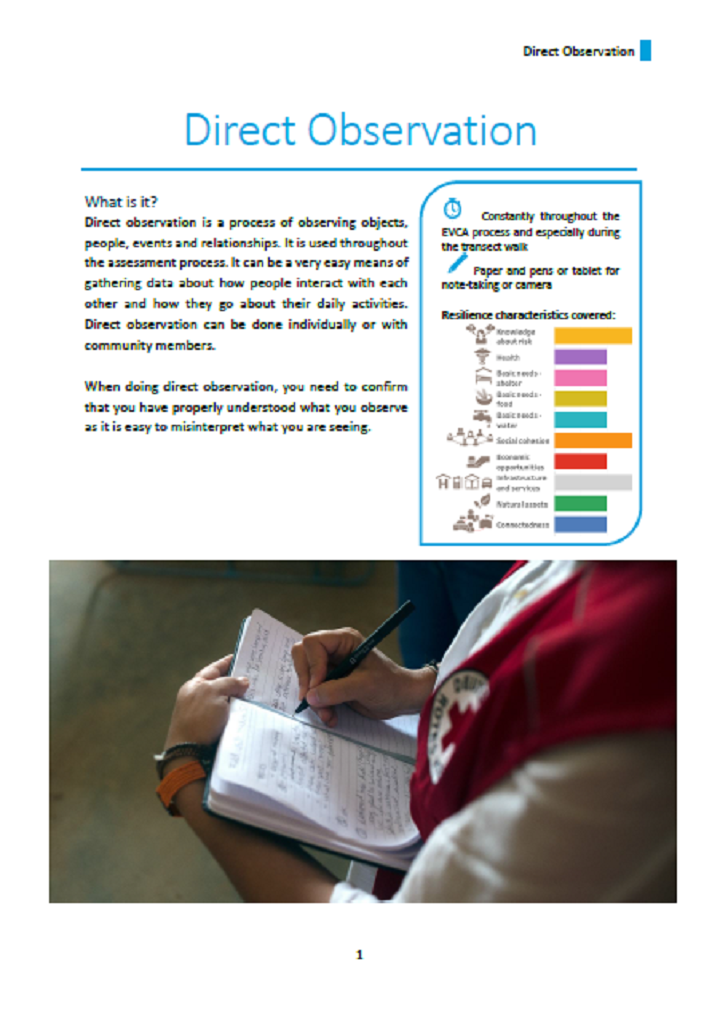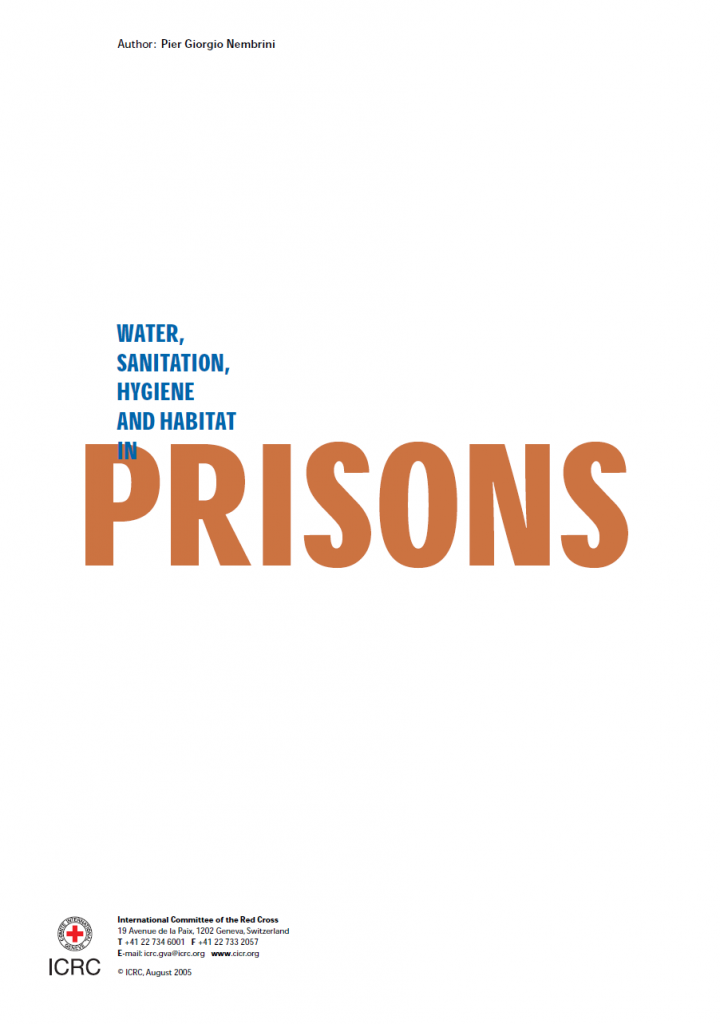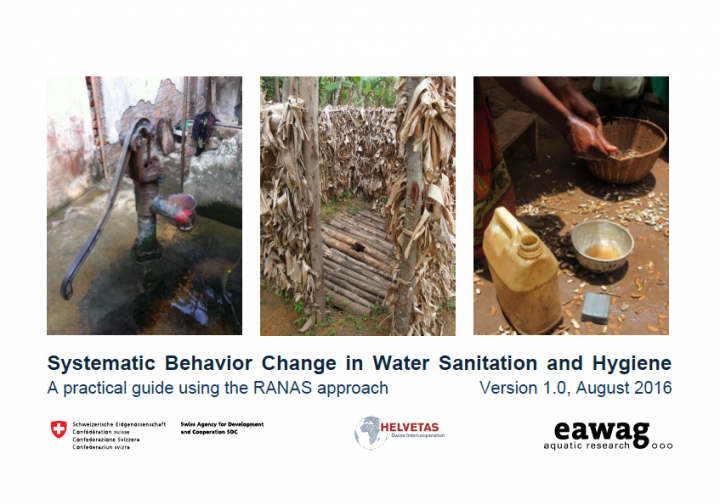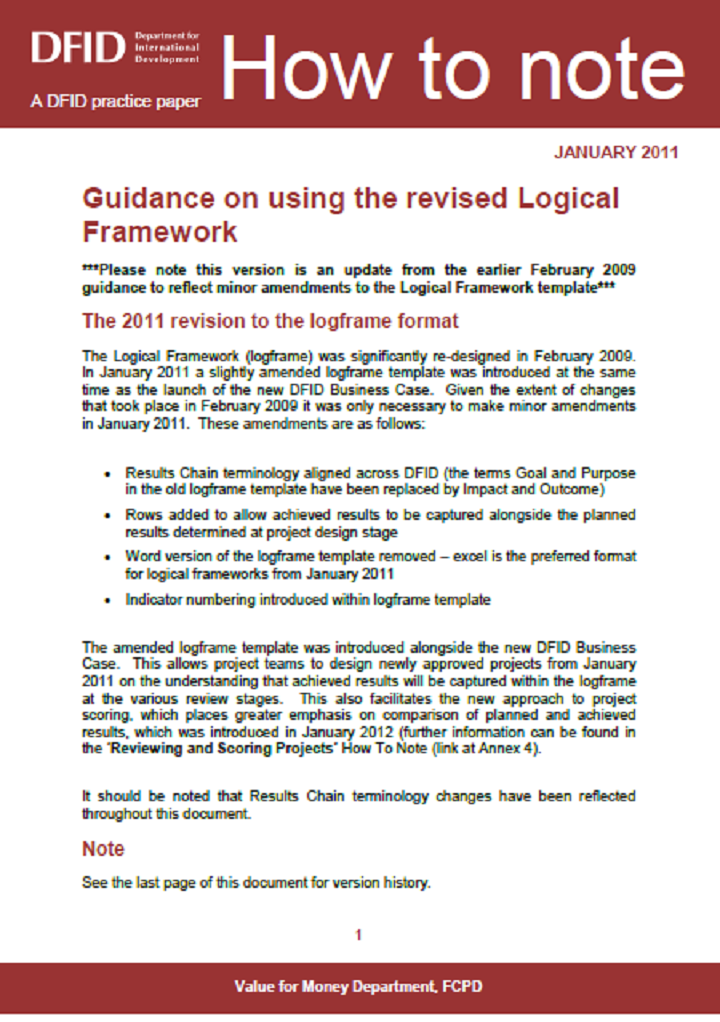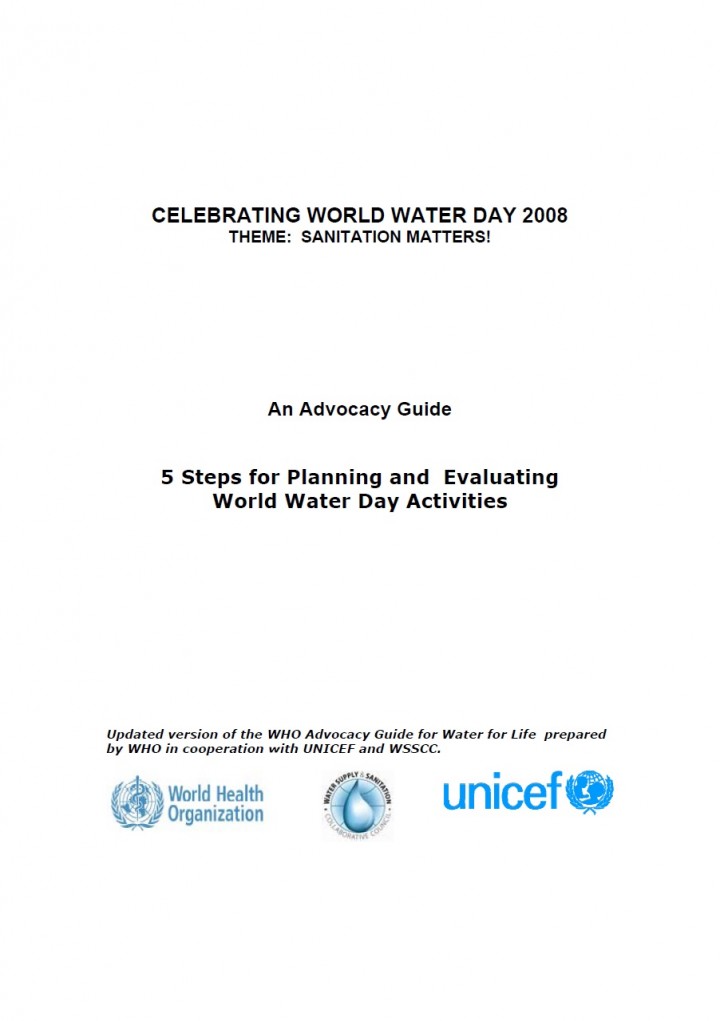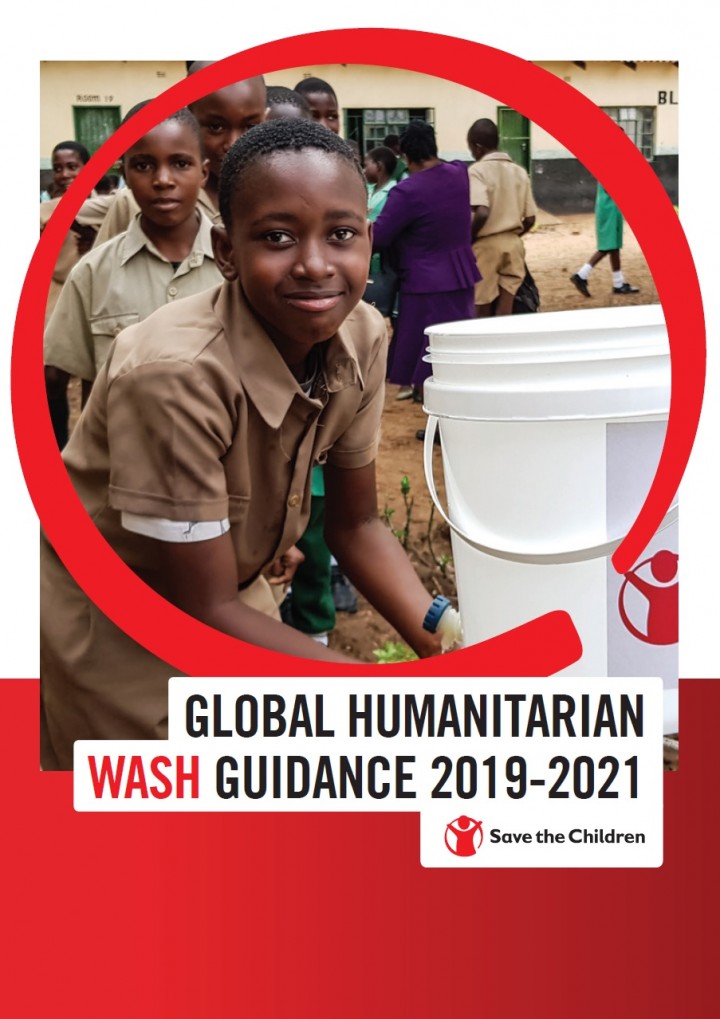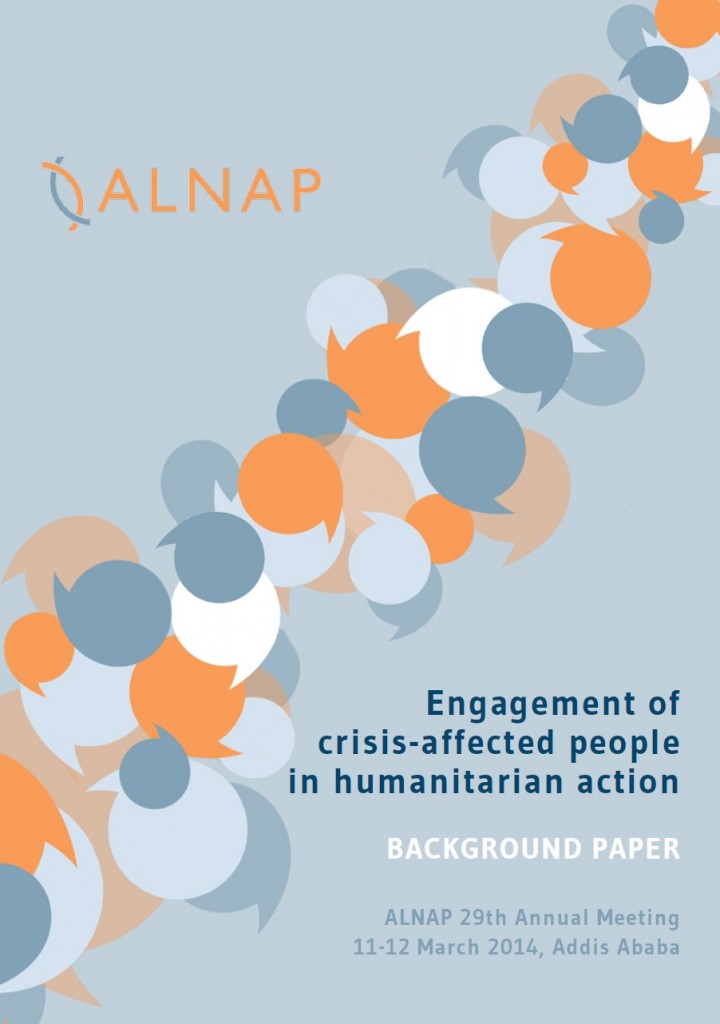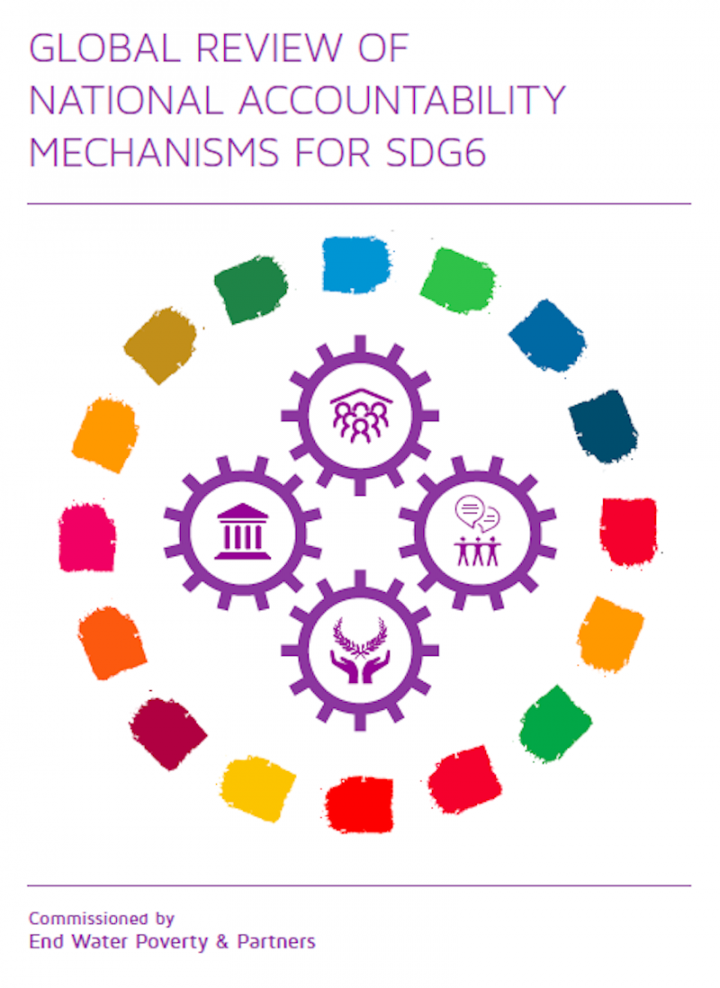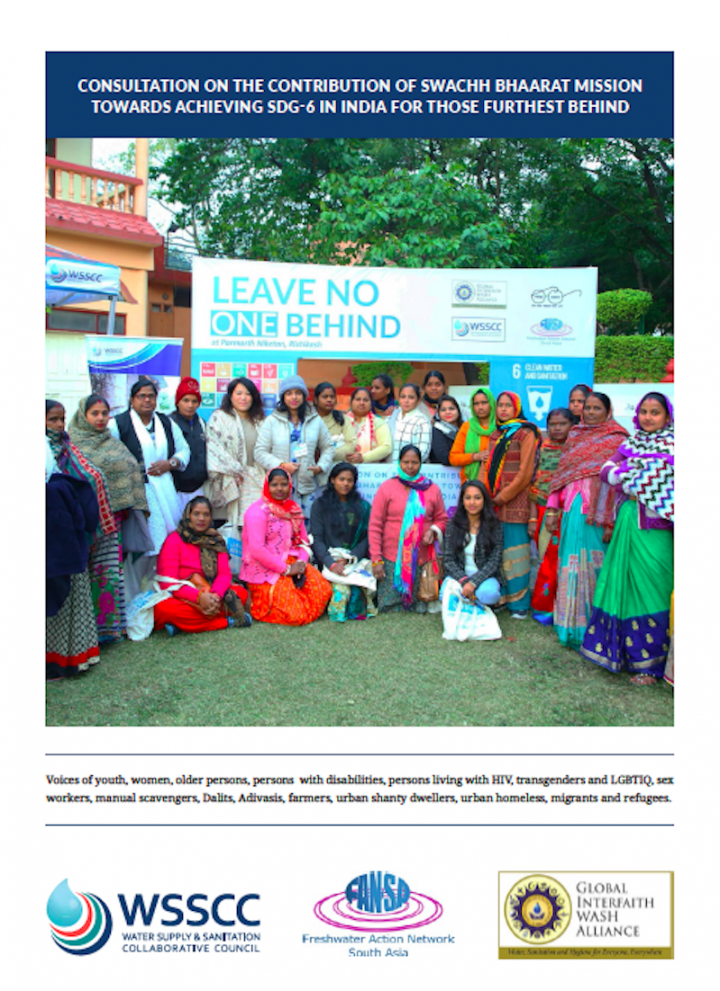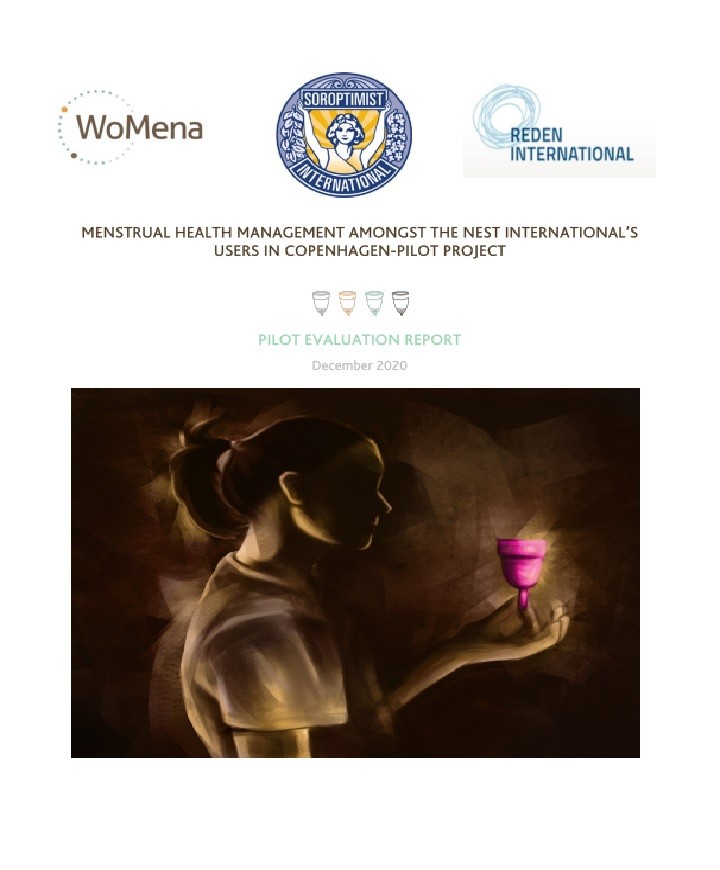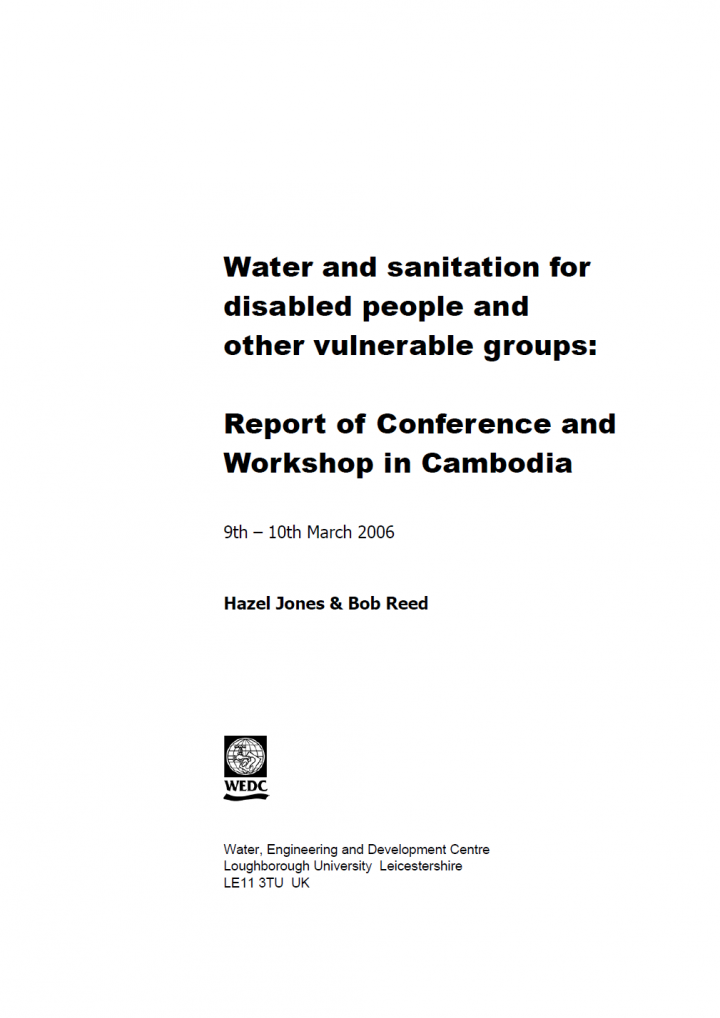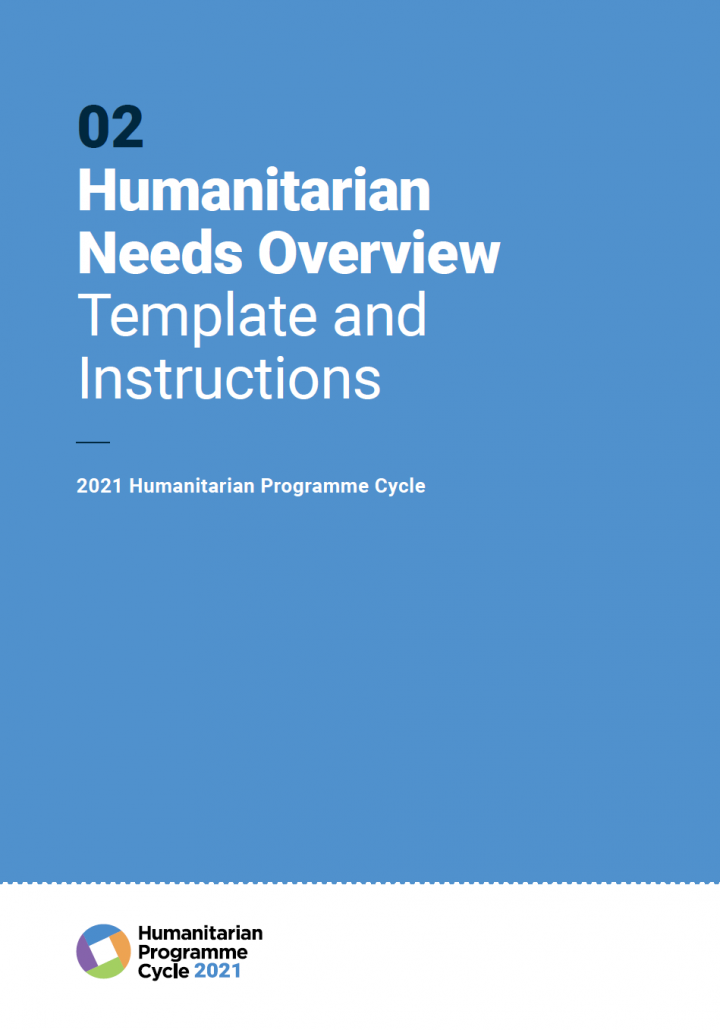Searching for information on Sanitation Workers?
The Sanitation Workers Knowledge + Learning Hub is the best source for all current news, trends, articles and updates on sanitation workers rights around the world.
The thirteenth issue of the African Water Association (AfWA) technical and bilingual magazine, Share Water, is now available. It provides solutions in terms of guidelines and tools likely to help manage the WASH businesses efficiently and mitigate the shortage of water supply, for improved access to sustainable water and sanitation services for all in Africa.
Among these solutions, the water …
In the aftermath of Cyclone Fani, villages in Odisha were affected with a wide variety of challenges including increased open defecation, damage to toilets and latrines, the loss of key hygiene items, and the contamination of drinking water. The UNICEF WASH team in Odisha held participatory discussions with community members in 20 villages, including Badabenakudi, which revealed that there was an …
Access to safe water and sanitation is essential for unlocking economic development and improving the health and education of all. Sustainable Development Goal (SDG) No. 6 aims to ensure the availability and sustainable management of water and sanitation for all by 2030. Water Sanitation and Hygiene (WASH) also contributes to numerous other goals, including those relating to nutrition, health, …
Bangladesh has been identified as one of the 20 most vulnerable countries to be affected by the COVID-19 pandemic. Its high population density, poor infrastructure, and low levels of awareness of basic preventive measures culminate in a highly vulnerable and fragile country on the brink of a major crisis, with severe ramifications for public health, the economy and social cohesion. The recent …
This report presents the results achieved through UNICEF’s support to WASH in 2021 in all countries in the East Asia and Pacific region. Because 2021 was the final year of the UNICEF Strategic Plan 2018–2021, the report also summarizes the cumulative WASH results over that period. The report also offers a look into the WASH programme in 2022 – 2025 and what the future of WASH must look like …
Faecal sludge management (FSM) covers the whole chain from containment, emptying and collection, transportation, treatment and disposal and end-use. Faecal sludge management (FSM), nonetheless, is applied to the context of onsite sanitation (OSS) systems only. This is particularly important for Zambia where in general close to 85 percent of the population relies on on-site sanitation system. CSO …
Photovoice is a participatory action research methodology that enables people to identify, represent and enhance their communities and life circumstances through photography. It is a process that "entrusts cameras to the hands of people to enable them to act as recorders, and potential analysts for social action and change, in their own communities.
This Manual, along with the complementary publication— Spot On Malaria: A Guide to Adapting, Developing and Producing Effective Radio Spots —is intended to help those working on malaria, particularly at the district or local level, use radio to deliver critical prevention and treatment messages to those not often reached by national-level programs.
The Guide may be downloaded in its …
This handbook offers a summary of the practical experience gained. It is not intended to provide answers to all problems relating to material conditions of detention, for such problems have to be approached also from the angle of the organization of prison administrations and of the management of prisons and other places of detention, matters which are outside its purview. The ICRC hopes that …
Sanitation Matters!
The theme/slogan puts at centre-stage the various links and communicates a sense of urgency and immediacy. The theme is also “open-ended” and lends itself to creative visual and textual interpretation for expressing a multiplicity of individual/collective human emotions and contexts. The theme can also be interpreted relatively easily into different contexts, cultures and …
Our vision is a world in which every child affected by an emergency wherever she/he is – at home or displaced; in schools; and in health institutions – has the right and access to safe water supply and adequate sanitation facilities and is enabled to perform basic hygiene.
This operational guidance outlines the role Humanitarian WASH will play within Save the Children 2019-2021 strategy. The …
This study took place between October 2017 and March 2018 and was led by CSOs in 25 countries under the umbrella of End Water Poverty, Watershed Consortium, Coalition Eau and the Water Supply and Sanitation Collaborative Council (WSSCC). Organisations agreed to conduct an in-depth inclusive analysis on country-level accountability mechanisms towards SDG6 on clean water and sanitation …
Voices of youth, women, older persons, persons with disabilities, persons living with HIV, transgenders and LGBTIQ, sex workers, manual scavengers, Dalits, Adivasis, farmers, urban shanty dwellers, urban homeless, migrants and refugees. Leave No One behind is the core principle of the SDGs and the 2030 Agenda. A consultation was held in India in late 2019 involving 14 groups identified by Niti …
Foreign sex workers in Denmark are triply marginalised - due to their profession, legal status, as well as in matters related to menstruation. This pilot project aimed to assess the acceptability of the menstrual cup (MC) as well as education in menstrual health management (MHM) amongst 26 women from this group using the 'Nest International’' centre, who volunteered to be part of the project. …
The one day Conference held on 9th March 2006 was entitled “Water and sanitation for disabled people and other vulnerable groups: improving access and inclusion.”
The purpose of the conference was to introduce the issues and problems of accessing and using WATSAN services and facilities for disabled people and other vulnerable groups, including solutions and examples of good practice for …
This document provides an overview of what information to present and how to do so in the development of the Humanitarian Needs Overview. It should be read alongside the:
The HPC Step-by-Step re-asserts the sequence of the needs analysis and planning, with needs analysis directly informing the decision-making with regards to response, whether for the preparation of new plans or adjustments to …

